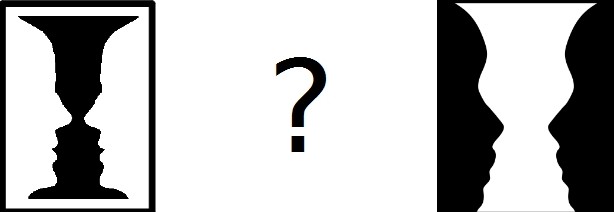White folks who genuinely don’t want to be racist want to have black friends. The wish is understandable and laudable. But, in the movie Dear White People, the wish becomes a joke: “THIS JUST IN: ‘Dear white people: the minimum requirement of black friends needed to not seem racist has just been raised to two. Sorry, but your weed man, Tyrone, does not count.’”
It sounds artificial to “make black friends” because it is. It ignores the natural process that results in friendship. You can’t go out and pick up black people to become friends. First you need a broad spectrum of acquaintances—fellow workers, volunteers who share your passion, devotees of bridge, tennis, or another activity. You need to spend time with them. Among these acquaintances you eventually find some who share your values and with whom you feel comfortable. They become your friends, whether white or black.
Sadly, many of us older white folks—especially those who live in exclusive communities, who are now retired, and who went to mostly white universities—lack that spectrum of black acquaintances. Even if you know a handful of black people, you can’t expect that one of them will like you or that you will like one of them. The process doesn’t work that way. If you do find a black person with whom you have much in common, you may feel gratified, even justifiably proud. The irony is that saying—or even thinking—“my black friend” is racist (or at least racialist). You don’t have “white friends.” And, until you have several friends of color, you may be lured into thinking that the characteristics of your one black friend define black people. It’s a regrettable catch-22 that’s best solved by greater integration in the first place.
Whether or not we have black friends is perhaps not a valid measure of our racism but rather of our isolation. And if we can’t break out of our isolation, it’s probably phony to try to make “black friends.” Instead we can show we’re not racist by remembering our privilege, voting for candidates who stand for equality, and donating to organizations that work to erase the legacy of racism.
I was lucky to work at Trenton High School, where half the staff was black. Although I was friendly with almost everyone, it isn’t surprising that my closest friends—people I invite to my home or my children’s wedding or with whom I spend hours talking or shopping—are the teachers I saw most often. They either shared my classroom, or they were colleagues in student government or on the faculty senate and school management team. But, of course, these friends are different from each other. They are people—mostly women—with whom something indefinable clicked. That is true for white friends and black friends.
Making friends who are black was a natural process, but it took me years to allow myself to admit—even to myself—that there were some black colleagues I had no respect for, even disliked. I was too afraid of being racist or being seen as racist. “Remember,” I told myself, “one should not think badly of black people.” So I choked down my dismay and anger if black teachers strolled into class ten minutes late, made their students accompany them to the central office so they could pick up their paychecks, or deserted their class to nap in the ladies’ lounge. But I should have known all along that black people are as good or as bad as white people. Once I knew, I realized it’s as natural to dislike someone who’s black as someone who’s white.
Why make friends who are black—or Asian, South American, from India, etc.? Certainly they make life richer because they’re different: exotic food, interesting stories from childhood, and new faiths and points of view. But we can’t be friends because they are Indian or Asian. That’s racist and self-serving. We can’t be friends in spite of the fact that they’re Jewish or black. That’s racist and disparages the whole person. In the natural process, friendship must and will erode whatever bias we may have held against a person’s color, culture, or religion. For me, making friends with classmates who I later found out were Jewish destroyed the prejudice against Jews instilled by my mother. Their friendship then opened the door to others, and life became richer.
Perhaps “making” friends is the wrong word. If we’re lucky, we “find” friends among the people around us—like stumbling on the treasure that is friendship. Finding friends requires opportunity and openness. And when we find a friend, we acknowledge, accept, and enjoy differences—whether of gender, religion, culture, or temperament—while at the same time hardly noticing them as differences. They are just aspects of our friend.
